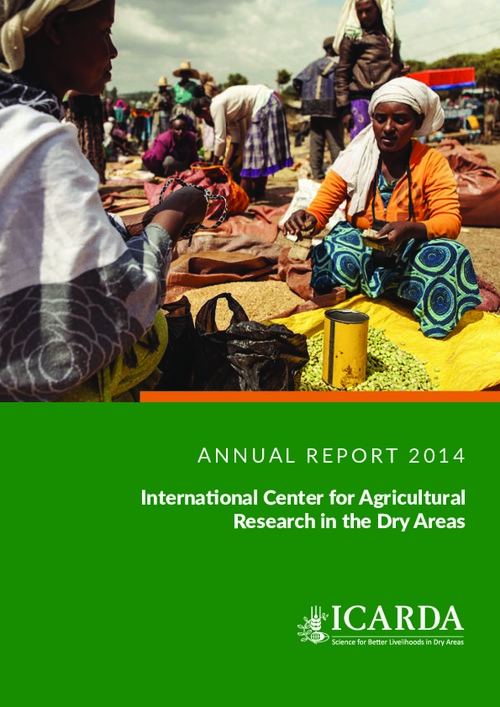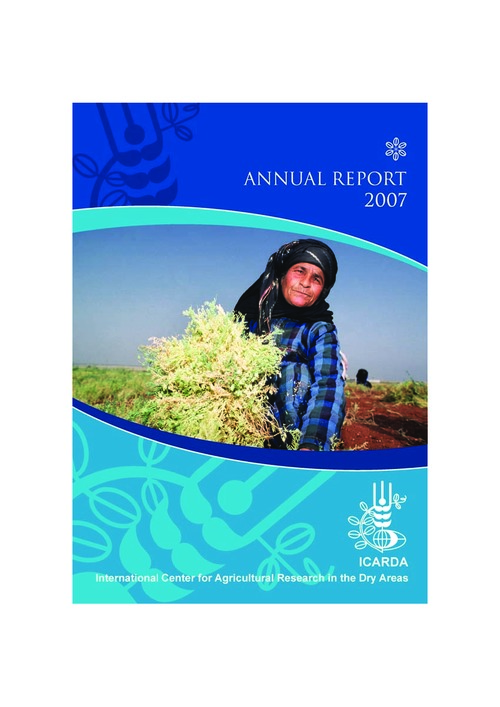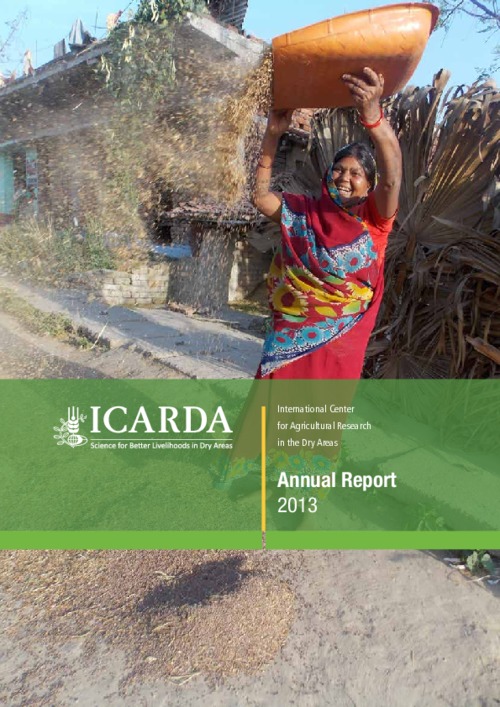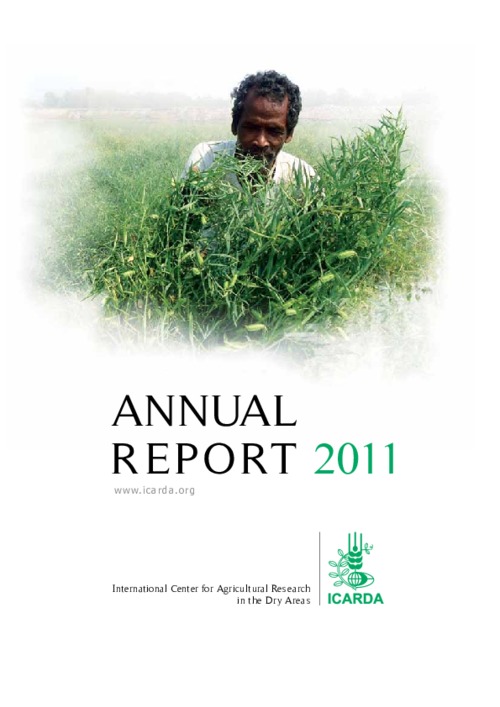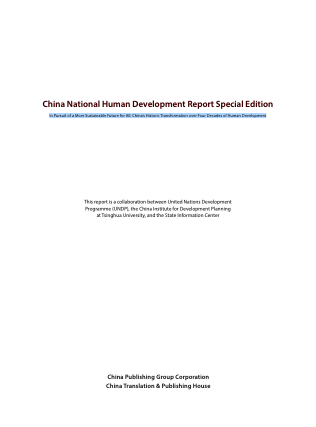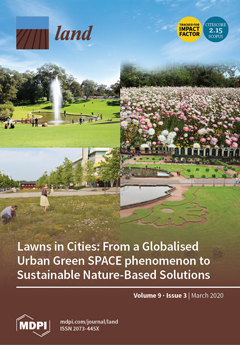ICARDA Annual Report 2014
2014 went on record as the hottest year ever measured, a telling sign that climate change is already here. The agriculture sector is predicted to take the heaviest toll, with the hardest hit being smallholder farmers in developing countries, particularly in dry areas. With rising temperatures and greater stress on water resources, agricultural productivity is set to experience a substantial decline. Yet against these odds, we need to produce progressively more to feed a rapidly growing world population.

